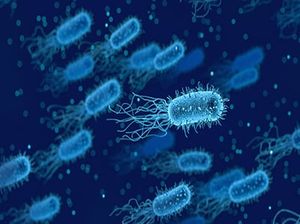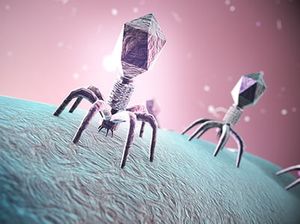Microbiology Services for Drug Development
Microbiology refers to the study of microorganisms, including bacteria, viruses, algae, protozoa, and fungi. A knowledge of their genetic makeup, behavior, and interactions with their environment is useful in understanding their mechanisms of function and their impact on multicellular organisms.
The biotechnological applications of microbiology are numerous: from applications in the food industry to innovative therapeutic fields, microorganisms are everywhere in our daily lives. Microbiology services for the development of drugs, antibiotics, antiseptics, or the use of microbiology in bioprocesses cover a wide field of knowledge and expertise.
In bacteriology, rapid diagnostic tests, as well as classical methods adapted to a project, can be proposed.
In virology, the development of antivirals requires tests performed by laboratories specialized in the virus under study: e.g. influenza, HIV, SARS-CoV-2.
Labtoo can provide any type of microbiology services, for the development of new drugs, new treatments, and the development of diagnostics assays.
Select your Bacteriology Method Development and Service
Bacteriology is the science that deals with bacteria and their properties. Many tests exist in bacteriology, for example, to measure the effect of antibiotics, to study the mechanism of action of antibacterial molecules, or to test the synergy between bacteria and other microorganisms.

Select your Virology and Viral Production Service
Virology refers to the study and use of viruses. Within this environment, various experiments are possible, such as the production of viruses or the evaluation of the antiviral effect of a molecule.

Our team will handle your R&D service management from the beginning to the end
Perform a feasibility study by looking for existing expertise available within the network of partners
Set up a study protocol, financial quotation and preparing contracts with lab partners
Implement the study plan into a schedule, collect all needed materials and reagents and execute the service
Do you need more information about services in Microbiology: virology and bacteriology?
Fields of application of microbiology
Agri-food
Environment and Energy
Pharmaceuticals

